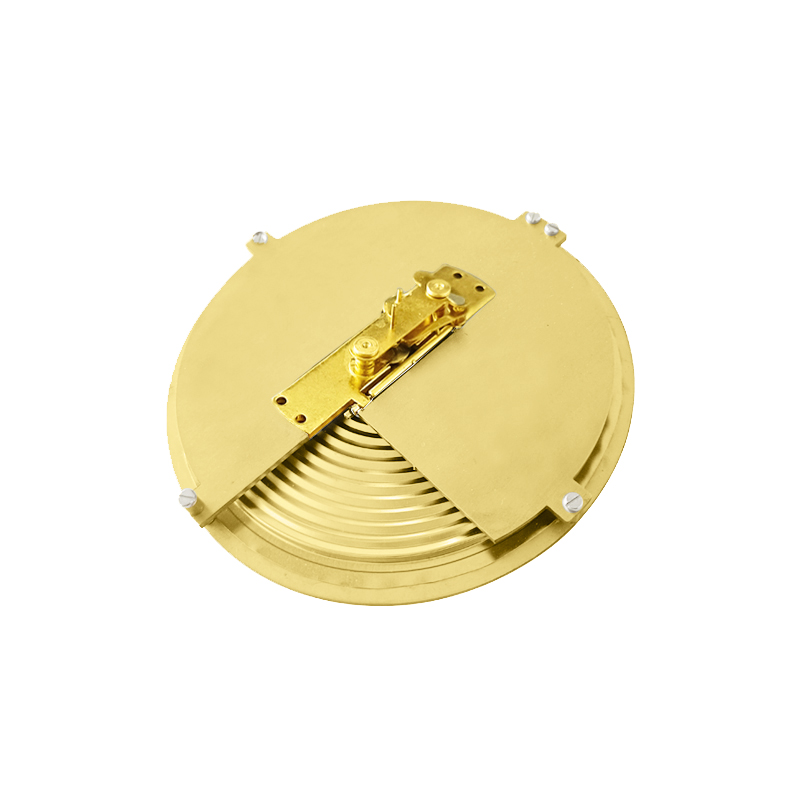
Oct . 21, 2024 19:13 Back to list
Popular types of differential pressure gauges and their applications in various industries
Understanding Differential Pressure Gauges Importance and Applications
Differential pressure gauges are indispensable instruments in various industrial and scientific settings, measuring the difference in pressure between two points in a system. While the basic function may seem straightforward, the applications of differential pressure gauges are vast, encompassing industries such as HVAC, oil and gas, pharmaceuticals, and manufacturing. This article delves into the intricacies of differential pressure gauges, exploring their working principle, types, significance, and common applications.
Working Principle
At its core, a differential pressure gauge operates on the principle of measuring the pressure difference between two points. This is essential for situations where the pressures at each point are highly variable, but the difference is a crucial factor for operational efficiency and safety. The gauge typically consists of two pressure ports one for high pressure and one for low pressure. A diaphragm, sealed within the gauge, will deflect in response to pressure differences, translating this mechanical movement into a readable value.
Differential pressure is often given in units such as pascals (Pa), pounds per square inch (psi), or millibars (mbar), depending on the application. The gauge converts this deflection into a numerical reading via mechanical or electronic methods. The technology used can vary, including Bourdon tubes, capacitive sensing, and piezoelectric components, each with its strengths and weaknesses.
Types of Differential Pressure Gauges
Differential pressure gauges can be categorized broadly into two types mechanical and electronic.
1. Mechanical Differential Pressure Gauges These utilize traditional methods of pressure measurement, employing mechanical systems like Bourdon tubes or diaphragms. They are known for their simplicity and reliability, often used in environments where harsh conditions or minimal maintenance is expected. Mechanical gauges are generally less expensive and do not require power sources.
2. Electronic Differential Pressure Gauges Utilizing advanced technology, electronic gauges provide more precise measurements and offer features such as digital readouts, data logging, and remote monitoring. They frequently employ strain gauges or capacitive sensors for high accuracy and are often found in sophisticated applications, where precise control and monitoring are crucial.
famous differential pressure gauge

Importance of Differential Pressure Measurement
The significance of differential pressure measurement cannot be overstated. It plays a critical role in ensuring process stability, safety, and efficiency. Here are a few reasons why these gauges are so important
- Process Control In industries like oil and gas, maintaining optimal pressure differentials in pipelines is crucial for operational safety and efficiency. Deviations can lead to catastrophic failures, making reliable measurements essential.
- Filtration Monitoring In water treatment plants and HVAC systems, differential pressure gauges monitor filter conditions. An increase in differential pressure often indicates a clogged filter, prompting maintenance before the system fails.
- Airflow Measurement In heating, ventilation, and air conditioning (HVAC) systems, differential pressure gauges can measure airflow across ducts, enabling better control of heating or cooling processes, leading to energy savings.
- Leak Detection In various applications, a change in expected pressure differentials may indicate leaks or faults in systems. Early detection and mitigation strategies can save companies significant repair costs and prevent operational downtime.
Conclusion
The differential pressure gauge is a powerful tool that plays a pivotal role in the efficient and safe operation of numerous systems across different industries. As technology advances, the accuracy, reliability, and scope of applications for these gauges continue to expand. Whether through mechanical means or advanced electronic systems, differential pressure measurement remains a cornerstone of modern industrial applications.
In an increasingly complex world where operational efficiency and safety are paramount, understanding and implementing effective differential pressure measurement techniques are essential. The significance of differential pressure gauges extends beyond mere readings; they ensure that processes run smoothly and safely, ultimately contributing to the bottom line of businesses. Investing in high-quality differential pressure gauges and understanding their applications is a wise decision for industries looking to enhance performance and reliability.
-
High-Precision Mass Diaphragm Pressure Gauge - Reliable & Durable Solutions
NewsJun.10,2025
-
Explain Diaphragm Pressure Gauge Expert Guide, Top Manufacturers & Quotes
NewsJun.10,2025
-
Affordable Differential Pressure Gauge Prices in China Top Manufacturers
NewsJun.10,2025
-
Reliable Water Fire Extinguisher Pressure Gauges for Safety
NewsJun.10,2025
-
Durable Diaphragm Protection Pressure Gauges Get Quote
NewsJun.09,2025
-
WIKA Differential Pressure Gauge with Switch Reliable Monitoring & Control
NewsJun.09,2025
